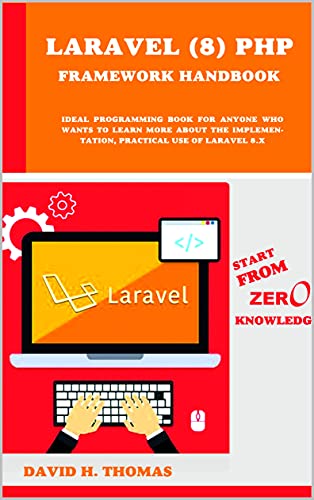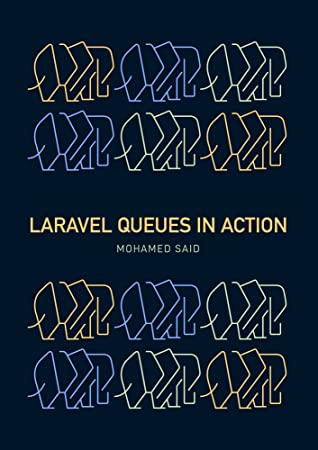Download this PDF book: Java For Beginners: A Simple Start To Java Programming by Scott Sanderson
Do you want to learn Java fast?
Inside this life coaching guide you’ll learn exactly how to:
Basic Syntax
Objects and Classes
Basic Data Types
Variable Types
Operators in Java
Loops in Java
Decision Making
Strings in Java
Arrays
Regular Expressions
Methods
File Handling
Exception Handling
Interfaces and Packages
Java Applets
If you’re serious about learning Java Programming, then this guide is for you.
The author, Mr. Sanderson has been teaching computer programming languages for over 20 years, and is passionate about sharing his knowledge with his students in the easiest, and most efficient way possible.
Bonus:
If you also purchase the Kindle version today, you'll get limited-time access to our list of 31 things you can do to be happy everyday, as well as our special link to bestselling books ABSOLUTELY free!
What Readers are Saying:
“It's a well-written guide for beginners. It presents clear definitions and explanations as well as detailed instructions. It's easy to follow them. Java knowledge and skills are important for many professions that's why I've decided to take it up”
Java, the programming language, was introduced by Sun Microsystems. This work was initiated by James Gosling and the final version of Java was released in the year 1995. However, initially Java was released as a component of the core Sun Microsystem platform for Java called J2SE or Java 1.0.
The latest release of Java or J2SE is Java Standard Version 6. The rising popularity of Java, as a programming platform and language has led to the development of several tools and configurations, which are made keeping Java in mind. For instance, the J2ME and J2EE are two such configurations.
The latest versions of Java are called Java SE and Java EE or Java ME instead of J2SE, J2EE and J2ME. The biggest advantage of using the Java platform is the fact that it allows you to run your code at any machine.
So, you just need to write your code once and expect it to run everywhere. As far as the features of Java are concerned, they are as follows: Object Oriented In Java, everything is an object. Java can be effectively stretched out and extended to unimaginable dimensions since it is focused around the Object model.
Independent of the platform Dissimilar to numerous other programming dialects including C and C++, when Java is aggregated, it is not converted into a form, which is particular to any machine. Instead, it is converted into a machine-independent byte code. This byte code is conveyed over the web and deciphered by Virtual Machines or JVM on whichever stage it is generally run. Simple Java is intended to be not difficult to learn.
In the event that you comprehend the essential idea of OOP, Java would not be difficult to ace. Secure With Java’s security framework, it empowers to create frameworks, which are free of viruses and tampering. Public-key encryption is used as the core authentication strategy. Independent of Machine Architecture Java compiler produces an object file format, which is independent of the architecture of the machine.
The assembled code can be executed on numerous processors, with the single requirement that they must all have Java runtime framework. Portability The fact that Java code is machine and platform independent makes it extremely compact. Compiler in Java is composed in ANSI C with a clean conveyability limit, which is a POSIX subset.
Robustness Java tries to kill circumstances, which can lead to potential system failures, by stressing chiefly on runtime checking and compile time checking. Support for Multithreaded Applications With Java’s multithreaded feature, it is conceivable to compose programs that can do numerous assignments at the same time.
This configuration gimmick permits designers to build easily running intelligent applications. Interpreted Code Java byte code is interpreted on the fly to local machine.
The advancement methodology is more quick and expository since the interfacing is an incremental and lightweight process. High Performance With the utilization of Just-In-Time compilers, Java enhances the performance of the system.
Distributed Java is intended for the conveyed environment of the web. Dynamic Java is thought to be more dynamic than C or C++ since it is intended to adjust to an advancing environment. Java projects can convey broad measure of run-time data that can be utilized to check for accesses and respond to the same on run-time.
About the book:
Publisher : CreateSpace Independent Publishing Platform (December 31, 2014)
Language : English
Pages : 142, PDF
Free Download the Book: Java For Beginners: A Simple Start To Java Programming
PS: Share the link with your friends
If the Download link is not working, kindly drop a comment below, so we'll update the download link for you.
Happy downloading!








